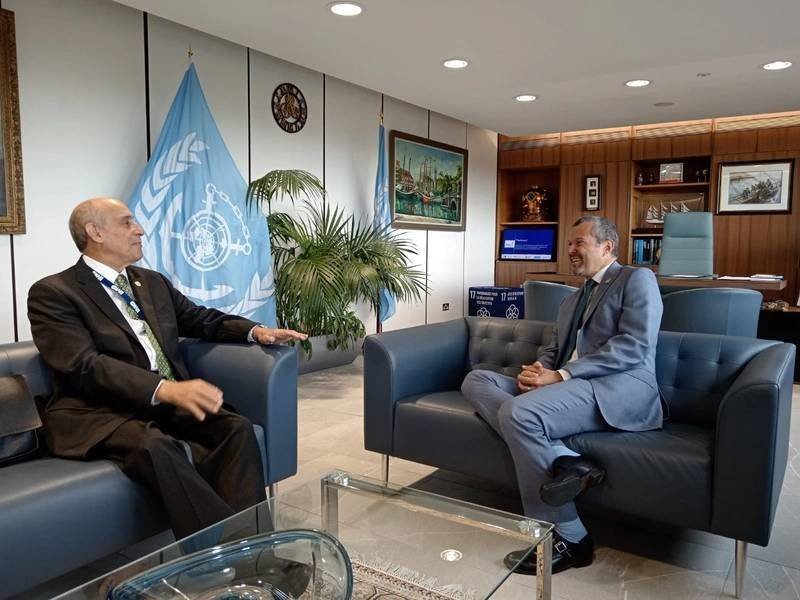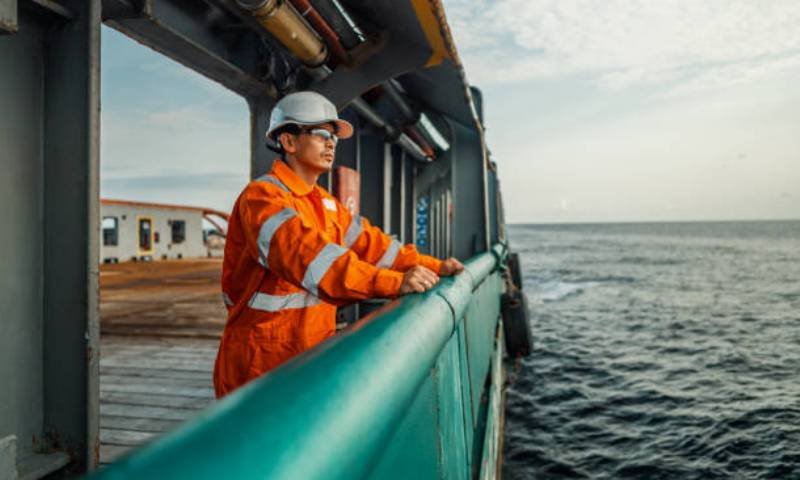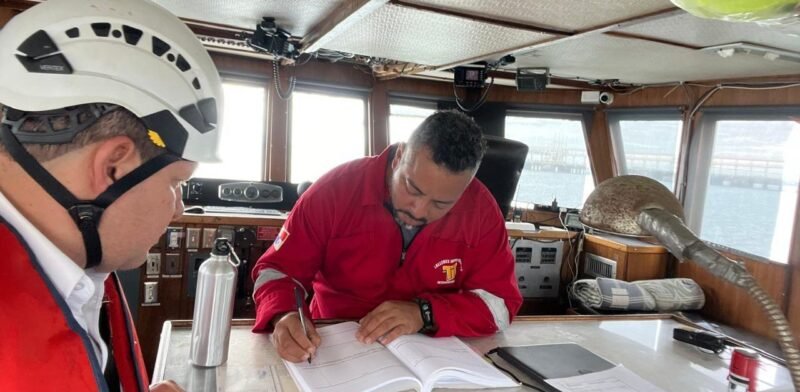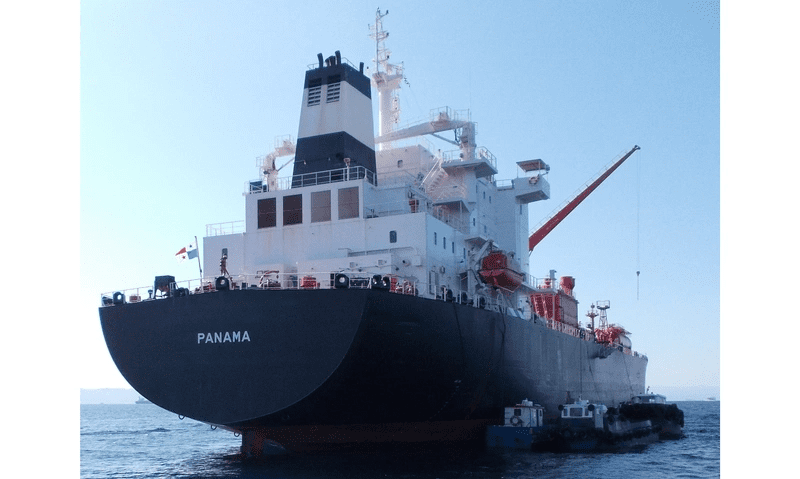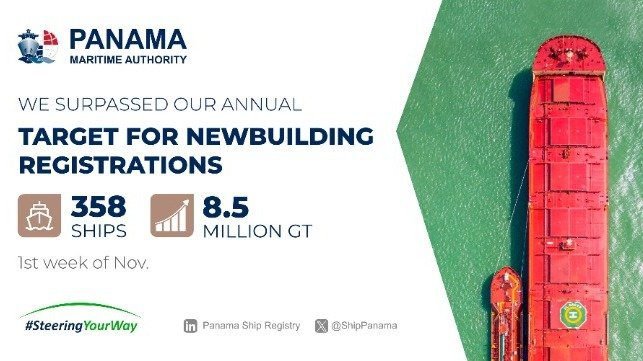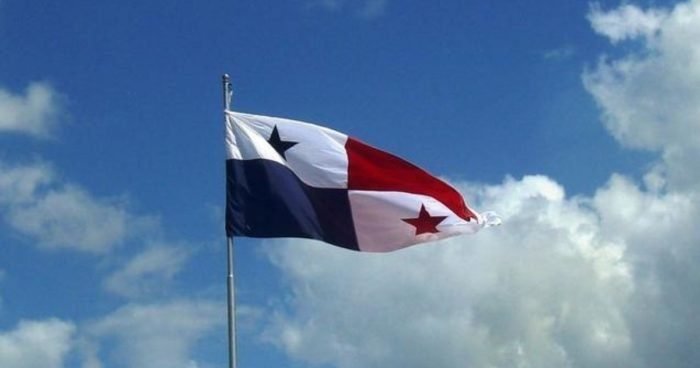The Panama Maritime Authority (PMA) has implemented a new legal measure that allows for the immediate revocation of registration and navigation licenses for vessels in the national merchant fleet that are included on international sanctions lists. This includes invalidating any other navigation documents issued by the PMA. Executive Decree No. 512, published on October 18, 2024, outlines the cancellation of vessels or registered owners listed on various sanctions lists, such as those issued by the U.S. Department of the Treasury’s Office of Foreign Assets Control (OFAC), the United Nations Security Council, the European Union, and the United Kingdom.
In efforts to strengthen strategic alliances with member states of the International Maritime Organization (IMO) and global players in the maritime industry, Panama’s Minister of Maritime Affairs and Administrator of the PMA, Luis Roquebert, represented the country at the IMO in London during World Maritime Day. Roquebert discussed key issues, emphasizing Panama’s commitment to international regulations promoting decarbonization and efforts to reduce greenhouse gas emissions from ships in line with the Paris Agreement’s targets. Meetings with the International Chamber of Shipping and IMO Secretary-General Arsenio Domínguez focused on driving the adoption of zero-emission technologies and alternative fuels, as well as Panama’s upcoming review in October 2025 to assess compliance with maritime safety, security, and pollution prevention standards.
Roquebert also engaged in discussions with the International Oil Pollution Compensation Funds (IOPC) regarding the situation of fuel-handling companies in Panama and the importance of ratifying the International Convention on Liability and Compensation for Damage in Connection with the Carriage of Hazardous and Noxious Substances by Sea (HNS Convention 2010). Conversations with the IOPC aimed to strengthen the international legal framework for liability and compensation related to oil spills, enhance environmental protection, and ensure fair compensation in case of accidents. Meetings with the Secretary General of the International Transport Workers’ Federation (ITF) focused on the protection of Panamanian seafarers, their rights, and promoting safe and dignified working conditions.


